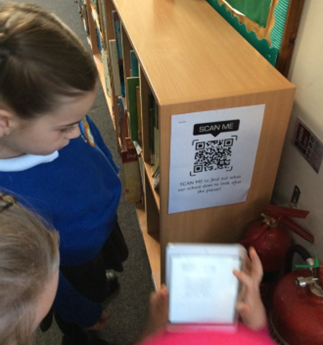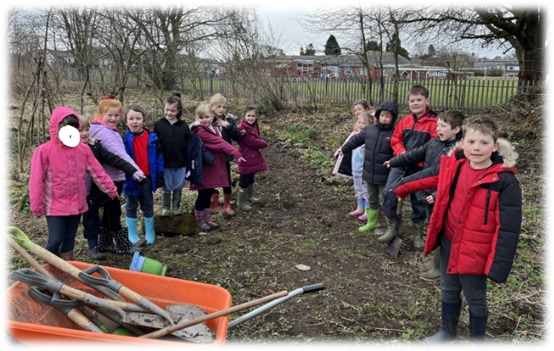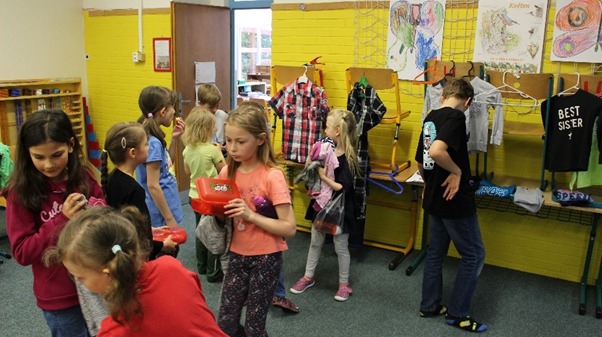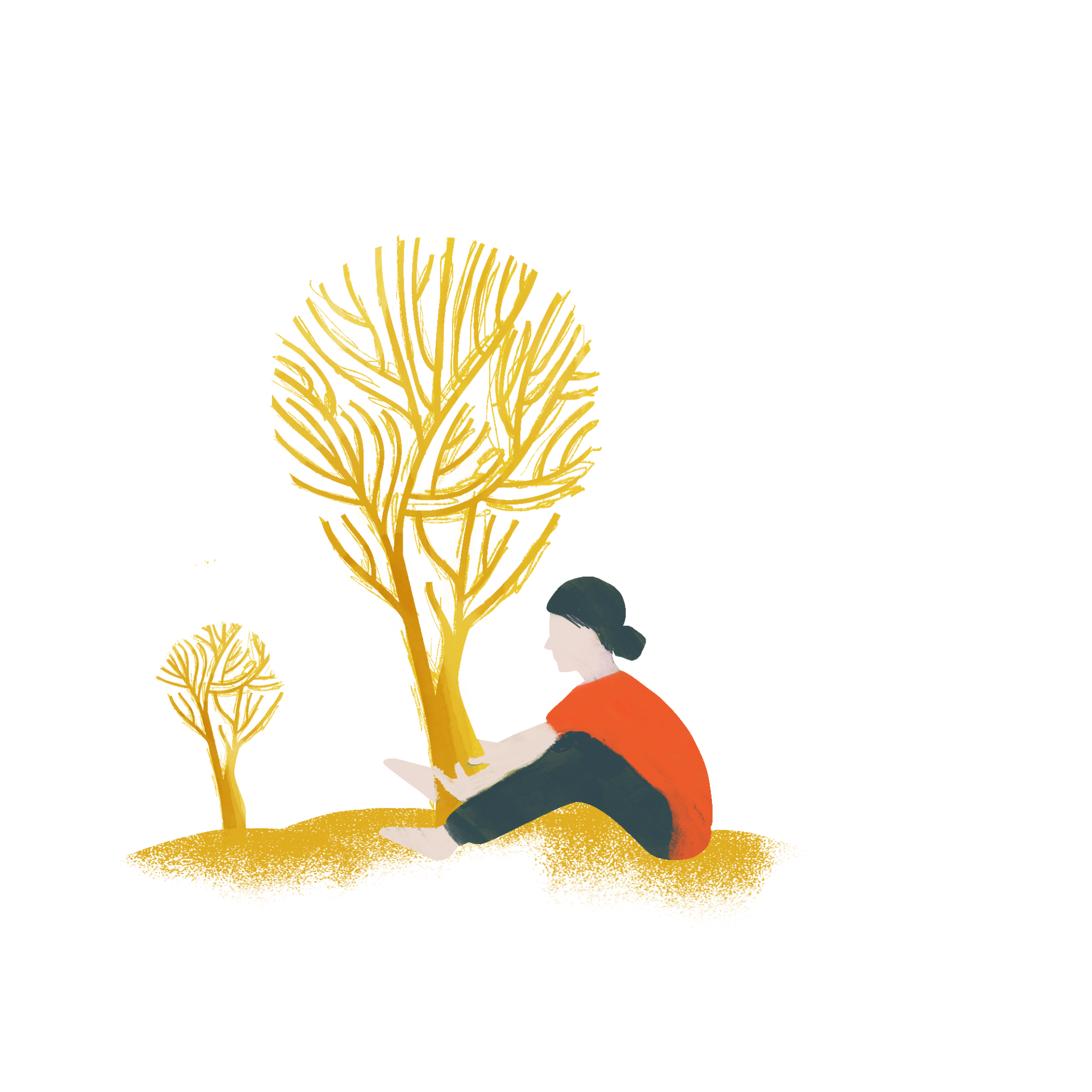
We have a place
to tend for and to learn from
The PLACE project puts children at the heart of the action with Place Based Learning as they respond to their community’s needs through and active citizenship.
Our project invites children to free their imaginations in order to lead with outdoor practical action in rebuilding from the Covid crisis. From engaging with businesses to reduce plastic, to designing and creating therapeutic garden spaces for all to enjoy, to creating a Quest for young families, our children can make meaningful interventions as active citizens in their community.Discover our approach
What is "Place-based learning"?
Place-based learning (PBL) is
about a deep connection with people and place through emotions and knowledge...
It is concerned with the interconnecting systems of environmental protection, community development and social justice - the very essence of sustainability.
(Cooper 2016)
The learning methodology is enquiry based, interdisciplinary and learner centred which motivates students and makes the learning relevant to them. The community and local place becomes the extended classroom. Opportunities for intergenerational learning encourage the development of respect and empathy. Links between local issues and understanding the global context of those issues helps young people develop as skilled global citizens for the future.
How do young people become ‘agents of change’ in their community?
PLACE project aim - young people gain skills to become agents of change in their community and more healthy and resilient citizens for the future. An agent of change is someone who sees something that could be improved in their community or local environment, and takes action to make a difference. This person is someone who listens to the people in their community, explores their place and makes sure that they truly understand the root of the problem before implementing a new idea.
Act Local - Think Global!
Questing
Questing is one of the approaches to interpreting local heritage. It is intended for all people who like to move in nature and in villages and like to learn something new. At the end of the quest, a treasure awaits the visitor! The game comes from Scotland and England, where it has a long tradition and is known as "letterboxing"; under the name ‘questing’ it is widespread in the USA. The guide for the quest (often the guide is a personality connected with the place) directs the players along a permanent route, offers them various clues and their correct solution eventually leads them to the treasure. Combining fun and learning in Questing will bring joy to everyone, regardless of age.
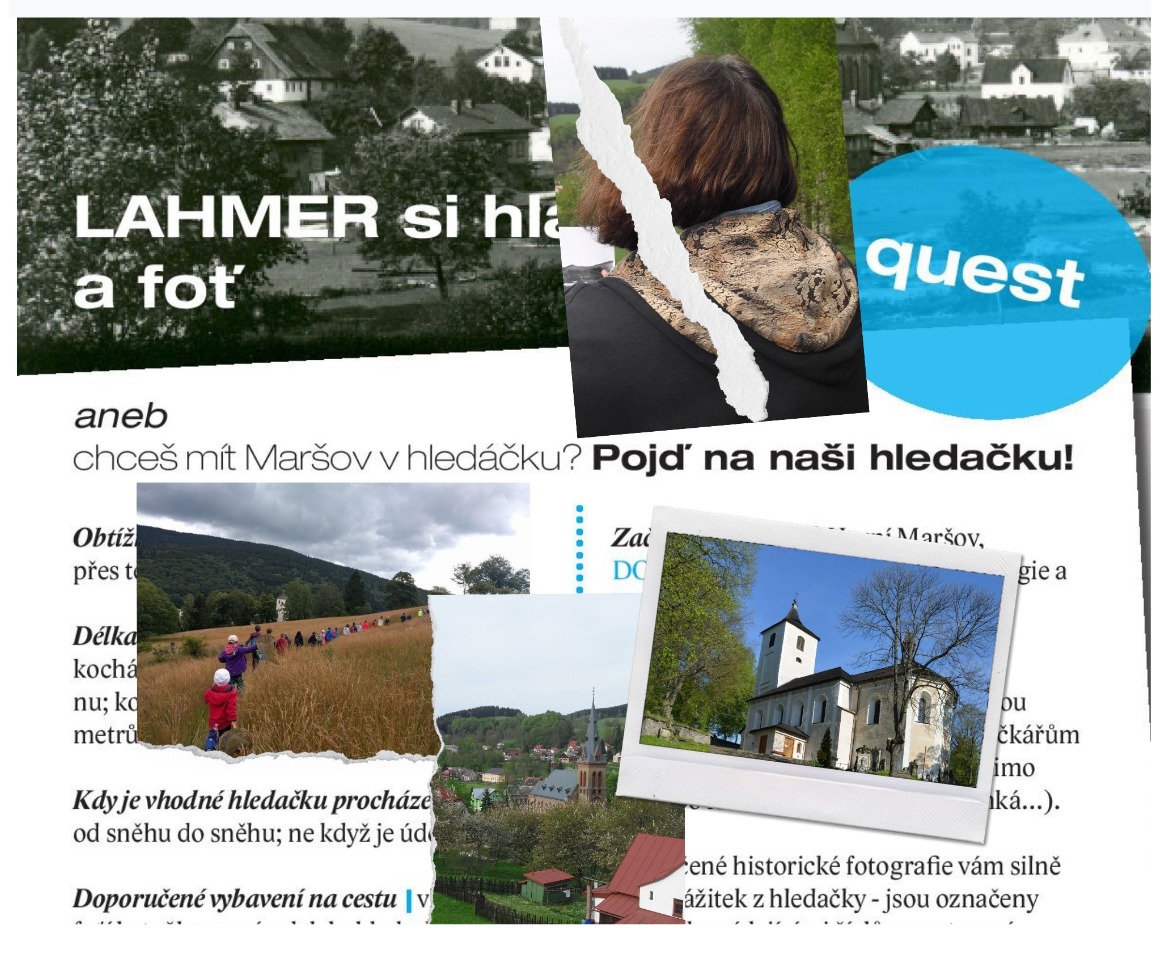
Therapeutic gardening
The teaching of geography as well as other general education subjects is largely based on memorization and performance evaluation.
However, attention should also be paid to perception, and therefore it is necessary to ask important questions and look for answers to them.
Community activism
Students are encouraged to explore their local area and communities. They listen to and build links with people within their community and plan together how they can make it a better place to live. Students develop teamwork, leadership and practical skills to bring about the changes and help build a more resilient, collaborative and healthy community. They learn how their work can support the UN Sustainable Development Goals and so they become not only local but also global activists: Act Local Think Global.

Philosophy for Children
P4C develops fundamental skills in children of being able to ponder and engage in deep questions about the world. P4C allows children to build confidence in their own ideas about the world while also encouraging them to think about how others view the world.
It can take place in the classroom or outside and it is fun!
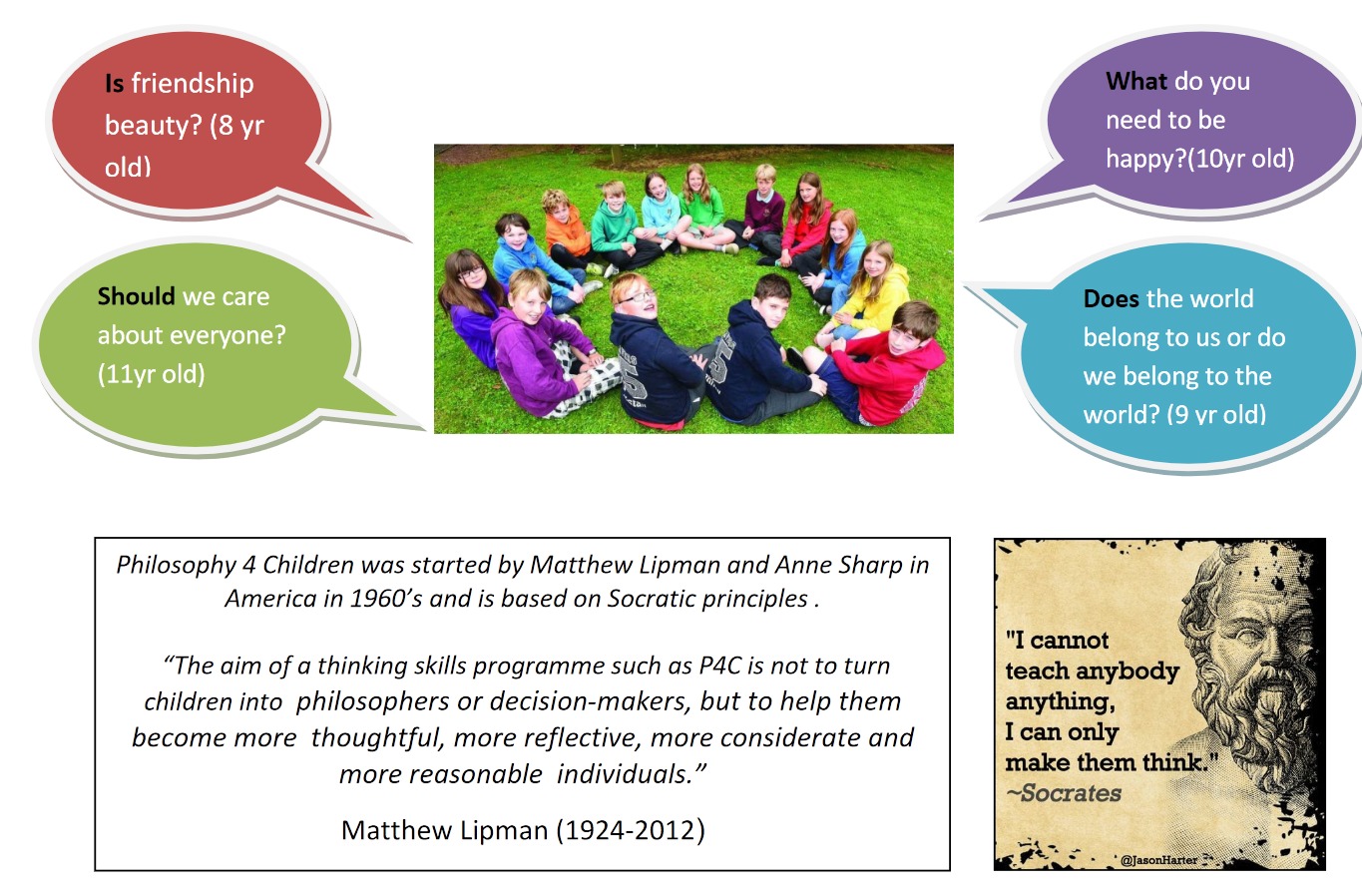
Our team
The project partners come from three European countries.
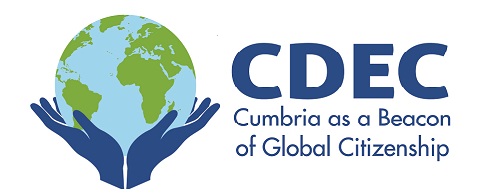
CDEC
CDEC is a small, Cumbria-based organisation with a big heart, an established track record and big ambitions to influence and promote global citizenship throughout Cumbria, the UK and the world. We are well known for providing excellent global learning training to teachers and opportunities for schools and communities to be involved with P4C, the Sustainable Development Goals and the wide-ranging projects that we deliver. We believe that Cumbria is a beacon for global citizenship.
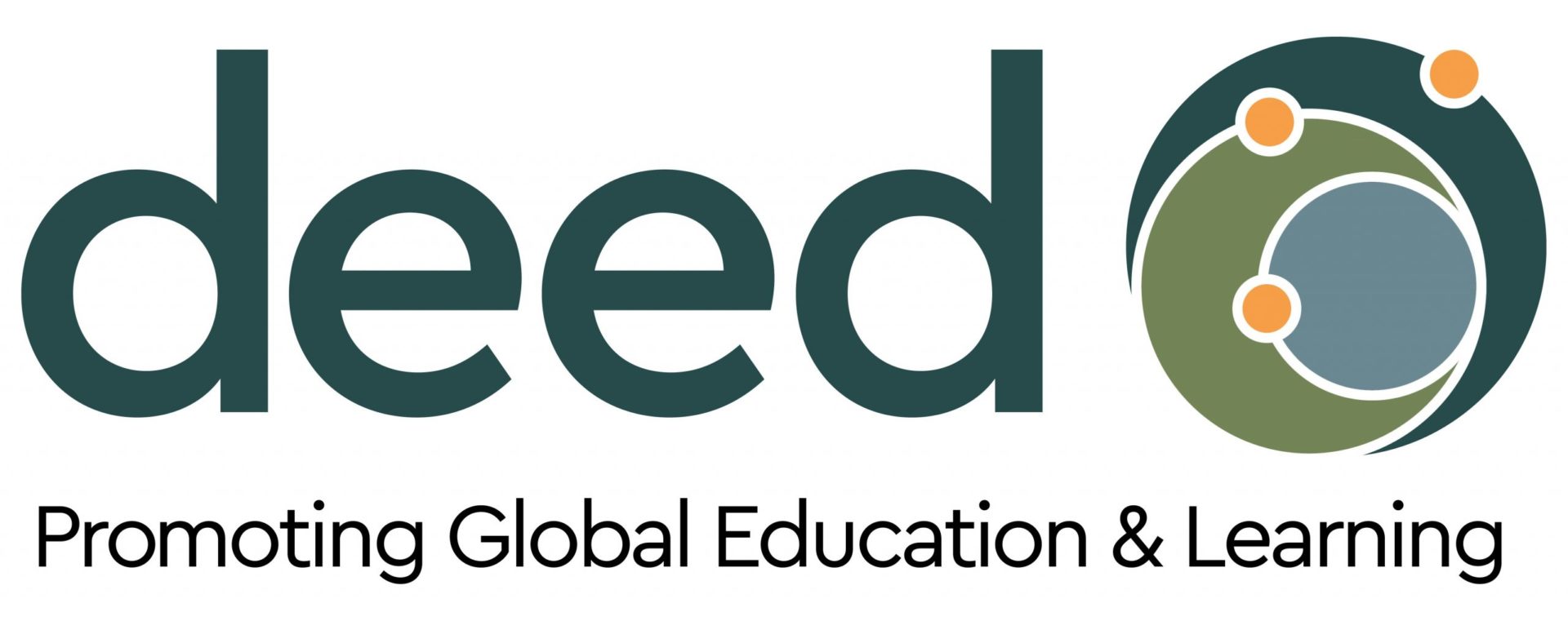
deed
DEED is a Global Education and Learning Centre serving Hampshire and Dorset. Since 1983 we have been supporting teachers and young people to explore how our lives are interconnected and interdependent with people and places across the globe. We empower people to ensure these connections are fair, just and sustainable. Currently our work is focussed on two main areas - multicultural education and environmental sustainability, in particular working with schools and the community on local, community activism projects related to re-thinking and reducing single-use plastics.
https://deed.org.uk/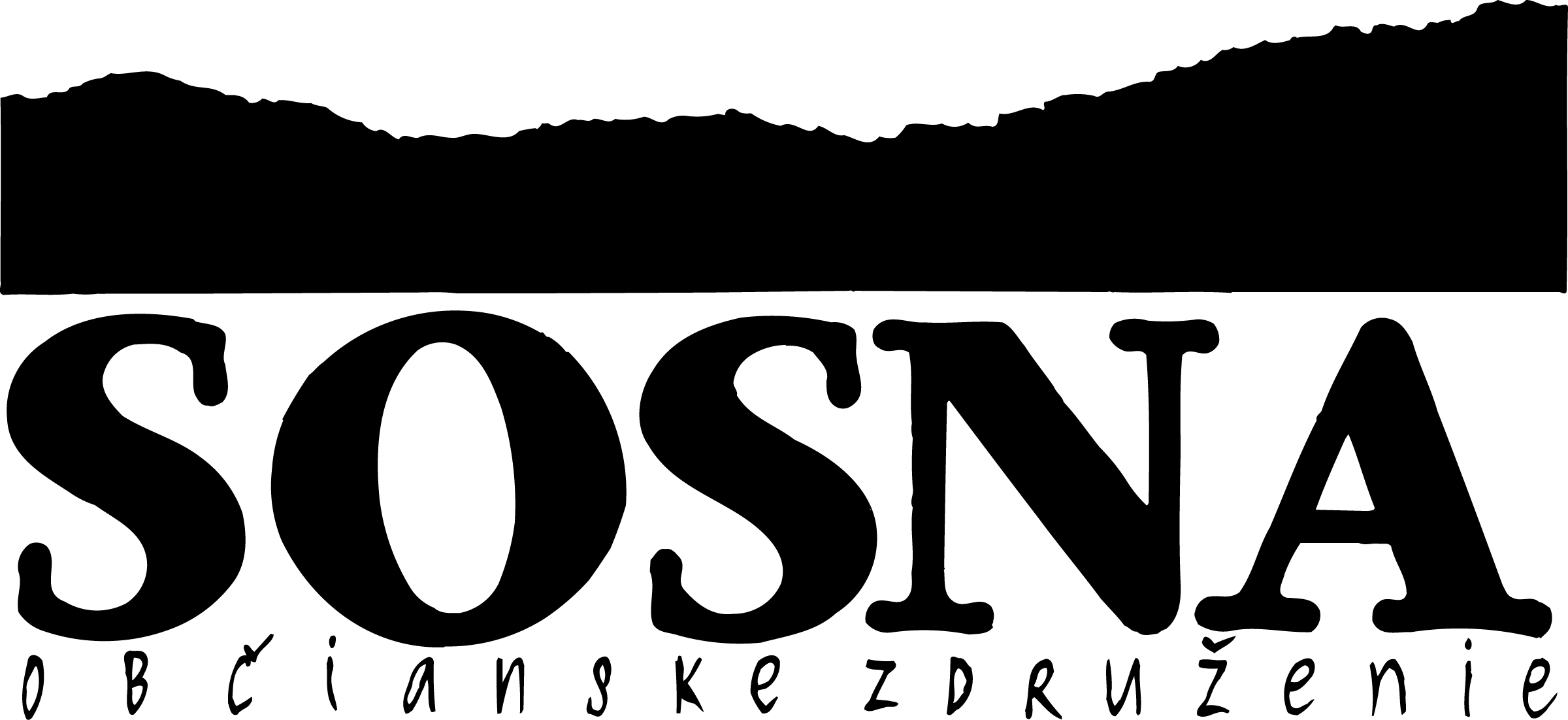
SOSNA
SOSNA association was established in 1992, and its main activities are focused from the very beginning on environmental education, counselling and promotion of sustainable solutions in practice. In 2009 we opened our educational and demonstration Eco Centre, as the place for promoting sustainable life, for wide public. SOSNA Eco Centre is serving as a functional demonstration of ecological, healthy, aesthetic, low-cost and low-energy buildings with natural gardens.
www.sosna.sk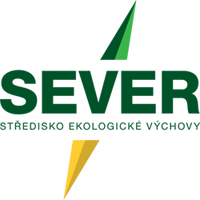
SEVER
The Environmental Education Centre SEVER Horní Maršov o.p.s. was founded in 2012 and it continues and builds on activities of its only founder Středisko ekologické výchovy a etiky Rýchory. SEVER run a wide range of courses for teachers and pupils. They have used place-based learning methodology for 16 years and offer thematic experiential trails around their area of Horní Maršov. Participants interpret local history and nature by using their own experiences and they use Questing as a way to explore and connect with landscape and community.
https://sever.ekologickavychova.cz/Story shelter
The latest buzz from our places.



